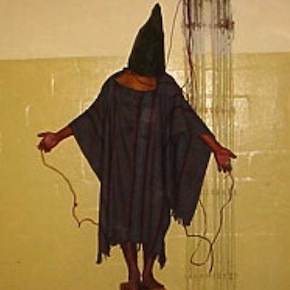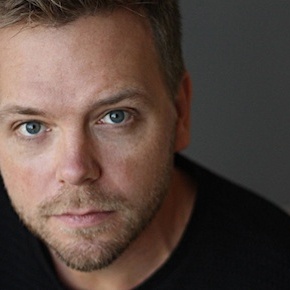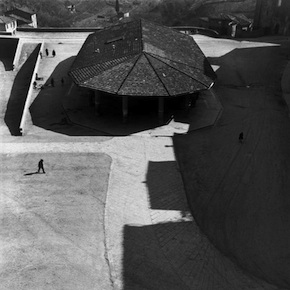
A month of singular vision
Hisham Matar is undeniably a remarkable man, with a talent for unusual journeys and their tales. A gifted storyteller, he excels in that rare balancing act between the personal and the universal, the minutely concrete and the sublimely abstract. He loves to explore the terra incognita between permanence and transience, presence and errantry, past and...
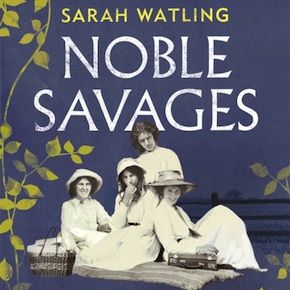
Dim background figures
Among the bold colours and radically liberating shapes that conjured up so indelibly the world of the Bloomsbury Group painters, between the layers of meaning and style of the new women writers, under the shadows or glaring light of history, and at a tantalising distance, both flirtatious and cautionary, from the figures who dominated early...
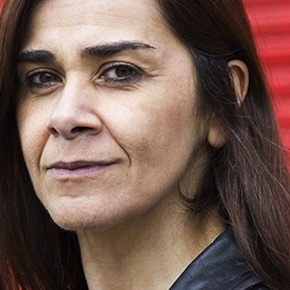
Négar Djavadi: Neither here nor there
French-Iranian screenwriter Négar Djavadi’s illuminating, richly entertaining debut novel Disoriental combines a sweeping family history in 20th-century Iran with an intimate study of identity and motherhood in contemporary Paris. Kimiâ Sadr is a lesbian punk rocker who spent her teenage years in the French capital after the family fled the trauma of Iran’s 1979 Islamic...
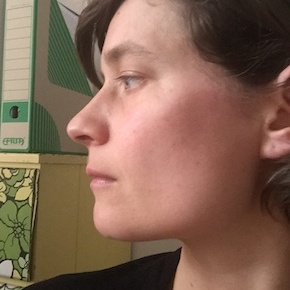
Petra Hůlová: Gender agendas
Multiple award-winning Czech novelist and playwright Petra Hůlová’s Three Plastic Rooms takes the form of a foul-mouthed monologue by an unnamed prostitute in city very like Prague, who holds forth on matters regarding her profession, her punters and society at large. It is her second novel to be translated into English, the original Czech edition...
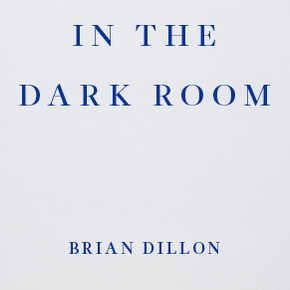
Through the valley of shades
In the Dark Room, originally published in 2005, is a meditation on mourning and an excavation of memory. It was also Brian Dillon’s first book, and we might see it as the prelude to his subsequent essays on photography and hypochondria, artists and ruins, essayists and what he calls ‘essayism’. How, Dillon asks, does memory...
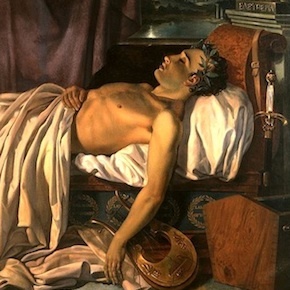
The malediction of Minerva
The story of the passionate last affair in Lord Byron’s life, a culminating point for many of his erratic, errant motion through truth and illusion, has always held a particular fascination for scholars; it has caused vocal perplexity to his admirers and deep-felt sighs of ‘if only’ to the many women (and men) who loved...

Through a mirror darkly
Well before Shakespeare made the feeling into one of the most celebrated tenets of art as well as life, the Greeks had already been there and done that. The principle of “all the world’s a stage” was for them the clearest, most perfect prism through which to analyse the full, multi-hued spectrum of human experience,...
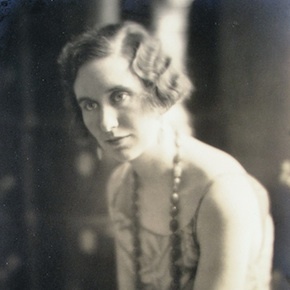
Seduced by utopia
“Now do tell me – what does it feel like to wake in the morning on a Tuscan farm?” Virginia Woolf asked a much younger Iris Origo in 1935. Invited to stay for tea at the Tavistock Square flat above the Hogarth Press, Origo, we may assume, obliged with a beautifully eloquent answer – after...
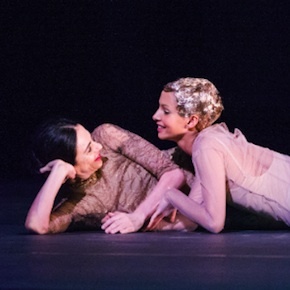
An unfailing life
The disjunction between mundanity, imaginary parallel lives, present reality and past fantasy, mental fragmentation and the undeniable plenitude and promise of a ‘what if’ life create a grippingly fragile harmony, channelled by a particularly redolent choreography that always treads on the verge of a tremendous crisis. The sensual Woolf, the shrewd observer and creator, the...

